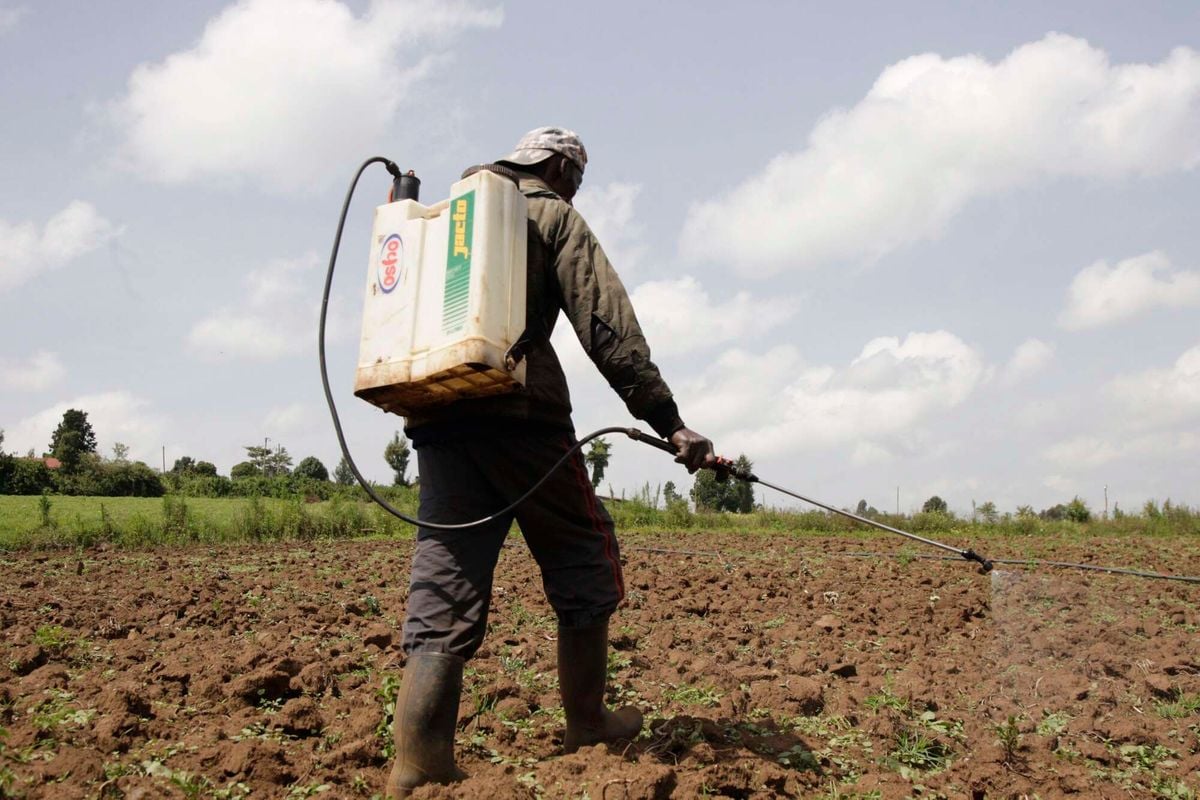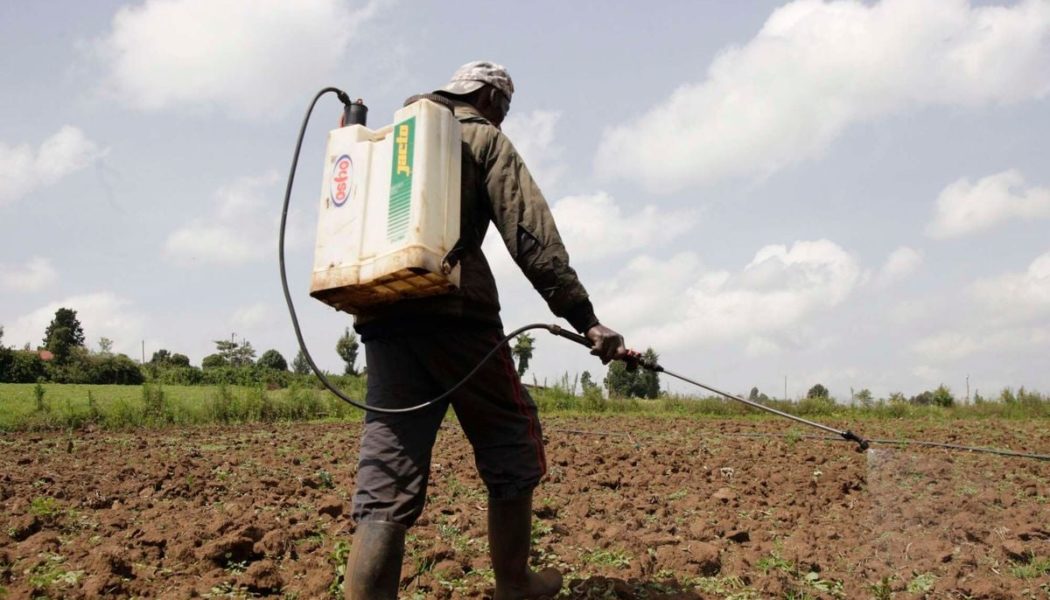
The recent parliamentary debate on highly hazardous pesticides is another significant step in Kenya’s fight for food safety and public health.
This debate reaffirms the need for comprehensive policies that ensure the safety of our food supply. Various civic society organisations have been key players in the fight, advocating stronger regulations and greater accountability in the agrochemical sector.
In 2019, the Route to Food Initiative, a programme of the Heinrich Böll Foundation with other partners, published a white paper titled Pesticides in Kenya: Why our health environment and food security are at stake.
Extensive research supported the paper’s recommendation to ban eight active ingredients, already banned in Europe but still exported to developing countries like Kenya.
Findings from this report also formed the basis for the petition to Parliament, Petition 70 of 2019, presented by four civic society organisations calling for the withdrawal of toxic pesticides from the Kenyan market.
In response to the petition, the National Assembly Committee on Health, among other recommendations, tasked the Pest Control Products Board (PCPB) with reviewing the list of pesticides allowed in the country and implementing urgent regulations to remove harmful pesticides from the market.
The Kenyan government has taken necessary steps toward regulating certain harmful pesticides in recent months, with the recent developments by PCPB to withdraw seven of the eight active ingredients by 2024. However, more needs to be done.
We must immediately withdraw pesticides like mancozeb/metalaxyl-M, paraquat, mesotrione, and imidacloprid that still pose significant health and environmental impacts.
It is important to acknowledge that not all pesticides are harmful when used correctly. Pesticides play a crucial role in agriculture by protecting crops from pests and diseases, which can significantly impact food security.
The problem arises with the misuse and overuse of these chemicals, particularly those classified as highly hazardous pesticides (HHPs).
Instead of a complete eradication of pesticides, there should be a balanced approach. This entails the responsible and judicious use of pesticides, the promotion of safer alternatives, and the gradual phase-out of the most dangerous chemicals.
Integrated Pest Management (IPM) strategies offer a way forward, combining biological, cultural, and mechanical control methods with the careful use of chemical pesticides when absolutely necessary. Additionally, we should promote research efforts to develop and promote biopesticides and biocontrol methods as alternatives to HHPs.
This will make biopesticides available and affordable for all farmers, as well as encourage widespread adoption of sustainable pest management practices. Lastly, it is important to hold agrochemical companies accountable by regulating and monitoring their activities, promoting transparency, and encouraging responsible practices.
Civic society organisations and others have consistently published reports and data that demonstrate the need to protect and safeguard the right to safe food as a human right for all, whether in EU countries or the global south. Evidence has exposed pesticides’ harmful effects on people and the environment, calling for alternatives.
Sales data has proven the growing appetite by agrochemical multinationals to export harmful products to the African market, which has weaker regulations. Reports have exposed the EU countries’ double standard, imposing strict regulations on the use of toxic pesticides on farm products, yet allowing the same products to be used in other countries.
The parliamentary discussion is a testament to the growing awareness and urgency of addressing pesticide-related issues in Kenya.
However, this discussion must now translate into action. We must push for policies that prioritise food safety, environmental sustainability, and public health.
Safeguarding human lives and the critical biodiversity upon which our farmers and food production depend should be the first and foremost political priority on the agenda.









